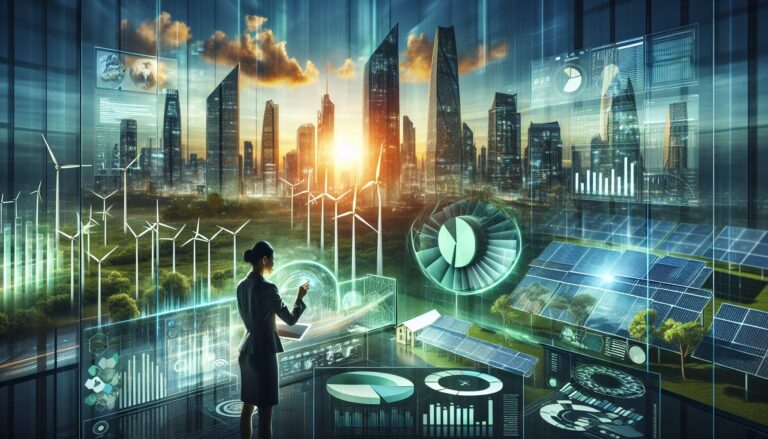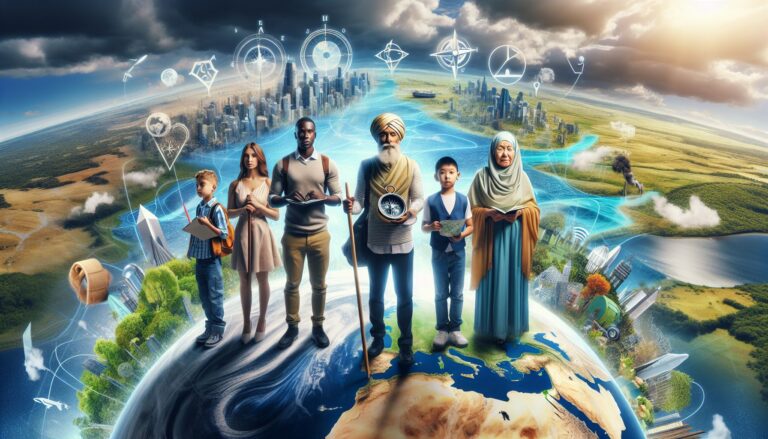Innovation and adaptation have become buzzwords in the face of the prevailing environmental trends that are transforming our world. Climate change, dwindling resources, and heightened environmental awareness have forced businesses to rethink their strategies and navigate uncharted territories. As we delve into the interconnected web of environmental events, we uncover a myriad of implications that can shape the future of our planet.
The rise of climate change has been a clarion call for businesses worldwide. With increased carbon emissions and temperature fluctuations, organizations must now acknowledge the urgency of reducing their environmental footprint. Initiatives such as renewable energy sources, carbon-neutral practices, and sustainable manufacturing have become not just ethical choices, but also competitive advantages. As consumers grow more conscious of their purchasing decisions, businesses that prioritize sustainability stand to gain widespread appeal, loyalty, and enhanced brand reputation.
Furthermore, the depletion of natural resources has become a pressing concern. Companies must now grapple with the scarcity of clean water, arable land, and rare minerals. To ensure longevity, businesses are investing in innovative solutions such as water reuse techniques, precision farming technologies, and circular economy models. These strategies not only address the resource scarcity challenge but also open up new avenues for economic growth and resilience.
A pivotal factor in these environmental trends has been the growing demand for transparency from consumers. In an age of instant information, customers are empowered to make informed decisions, holding businesses accountable for their environmental and social impact. This wave of consciousness has compelled companies to embrace corporate social responsibility and adopt sustainable practices throughout their value chain. By demonstrating accountability, transparency, and ethical behavior, businesses can foster long-lasting customer relationships and establish themselves as stewards of the environment.
As we peer into the future, the implications of these trends become even more evident. Businesses that fail to adapt may find themselves facing regulatory challenges, reputational risks, and a dwindling customer base. Governments and international organizations are progressively imposing stricter regulations to counter ecological deterioration, creating a challenging environment for non-compliant companies. Moreover, failure to align with environmental trends also hampers access to capital and collaborative partnerships, further limiting growth potential.
Nevertheless, businesses that embrace the environmental imperative also have the potential to thrive. Acts of sustainability can lead to cost savings, increased operational efficiency, and innovation. By investing in renewable energy sources, reducing waste, and implementing circular supply chains, businesses can unlock new revenue streams and foster a culture of innovation. Moreover, adopting sustainable business practices can attract millennial talent, who increasingly prioritize socially and environmentally responsible companies.
In conclusion, the current environmental trends have far-reaching implications for businesses. Climate change, resource scarcity, and heightened consumer awareness have pushed organizations into uncharted territories. By embracing sustainability and adapting to these trends, businesses can not only mitigate risks but also unlock opportunities for growth and innovation. It is essential for businesses to recognize the urgency of the environmental imperative and navigate this transformative journey, ensuring a sustainable and prosperous future for all. So, let us embark on this uncharted path together, crafting a better world for generations to come.

